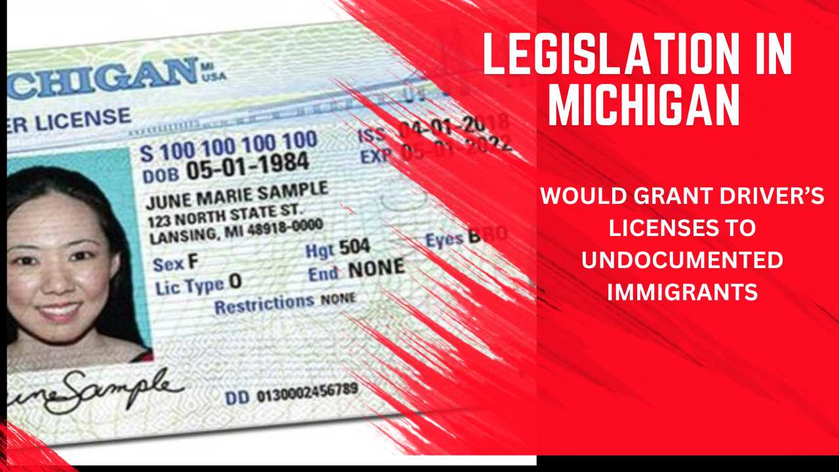LANSING, Mich - There is a push in the State of Michigan to allow undocumented immigrants to have driver's licenses in the State of Michigan.
"As county clerks in Kalamazoo and Saginaw counties, we witness firsthand how essential a form of identification is for everyday life. We also work in conjunction with local clerks to ensure the preservation of our democracy through fair, free, and secure elections. Today, we are taking a stand to support the mobility and livelihoods of undocumented immigrants by restoring access to driver’s licenses for all in Michigan," said Michigan State Senator Stephanie Chang on X (Twitter).
The following bills take up this issue in the Michigan Senate:
- Senate Bill 433 - Michigan State Senator Chang (D), 1st Senate District
- Senate Bill 434 - Michigan State Senator Brinks (D), 29th Senate District
- House Bill - 4835 - Michigan State Representative Kuppa (D), 41st House District
- House Bill 4836 - Michigan State Representative Hood (D), 76th House District
The bills would make noncommercial Michigan driver's licenses and state identification cards available to applicants who do not have proof of U.S. citizenship or immigration status. The bills eliminate the "legal presence" requirement for standard licenses and they would specify types of documentation allowable for proving Michigan residency and identity.
Some have voiced opposition to this legislation saying it would lead to non-citizens having the ability to vote.
Nowhere in the legislation does it say anything about giving undocumented individuals any access to voting rights.
"Non-citizens are not allowed to vote. There is even a line in our bills reiterating that. Our bills simply allow folks to drive and our economy to grow. There are many checks in place in our election system to ensure non-citizens do not vote. The SAVR bills we passed even strengthen this further," said State Sen. Chang on X (Twitter).
Since 2008, Michigan has required applicants for driver's licenses and state identification cards to provide proof of U.S. citizenship or immigration status by making “legal presence” a requirement for showing Michigan residency.
Michigan law does not currently provide driver's licenses or state identification cards to individuals who do not have proof of legal immigration status, and some people who are U.S. citizens or in lawful immigration status have struggled to prove it or obtain verification.
Several other states including Illinois already have such a process in place for undocumented immigrants to get driver's licenses.
Senate Bill 433 and Senate Bill 434 would grant an estimated 100,000 people the right to apply for a driver's license and state ID card, a right that existed in state law prior to 2008. Eighteen other states and territories have already passed similar measures.




















